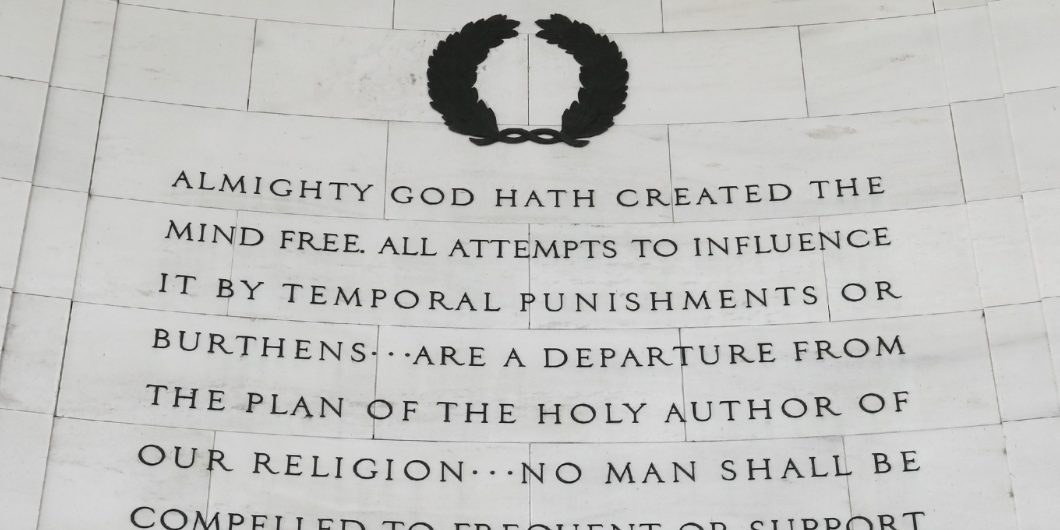The Revised Version of American Religious Freedom: A Conversation with Steven Smith
This next episode of Liberty Law Talk is with Steven Smith on his new book The Rise and Decline of American Religious Freedom. Our conversation explores Smith’s challenge to the dominant academic narrative that the Supreme Court’s mid-twentieth century decisions imposing secular neutrality vindicated the religion clauses of the First Amendment. In this version, their essence was to secure a government free of religion, tout court. But what if the First Amendment’s original public meaning and subsequent practice reflected a very different essence?
Our conversation begins with the history of the ratification of the First Amendment. What do we make of the fact that the religion clauses were scarcely debated in the Congress that approved them? Smith argues that this should dissolve any notion that a grand constitutional moment occurred and that gave us the religion clauses as “articles of faith” in secularism. We discuss Smith’s view that the lack of debate owed to an existing consensus that wanted to prevent the national government establishing a national church while the states would continue their established churches, in some cases, and other lesser forms of religious influence in their laws. Contrary, Smith argues, to a national standard of religious freedom or secularism, the constitutional course was “contestation” or an ongoing conflict between religious and secular claims. Thus the Court’s separationist jurisprudence of mid twentieth century, Smith discusses, was a departure from an original understanding of religious liberty and its practice for most of our history.
Smith also discusses and disputes the view that American religious freedom is an outcome of the Enlightenment. His controversial claim is that it is a recovery of a key concept of Western civilization, freedom of the church, and, its later Protestant development, freedom of the “inner church” or conscience. Recovery is here stressed because it was modern political development, Smith notes, that had subordinated the church to the state and stripped it of institutional freedom.


